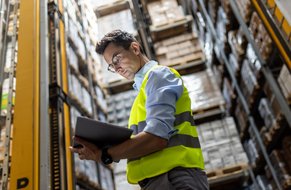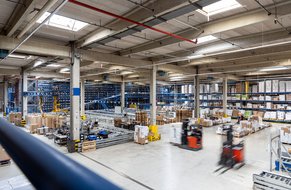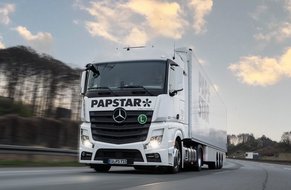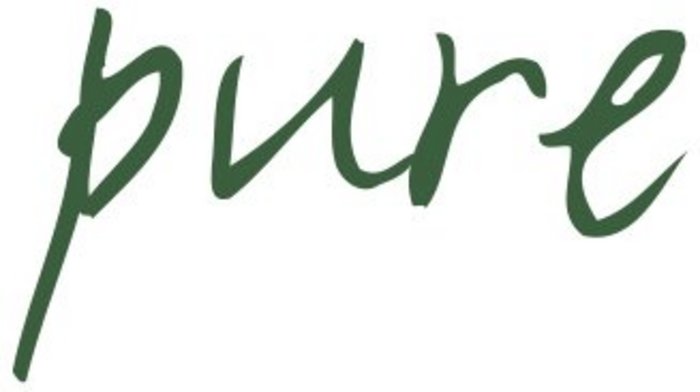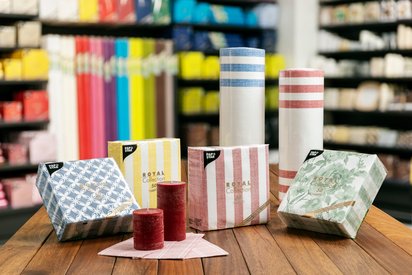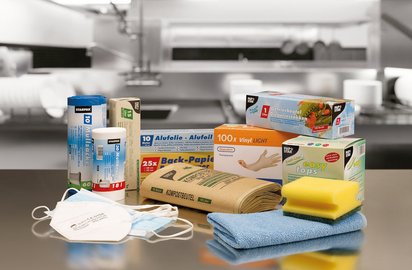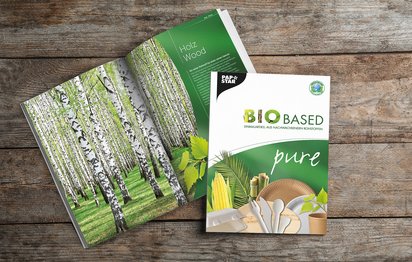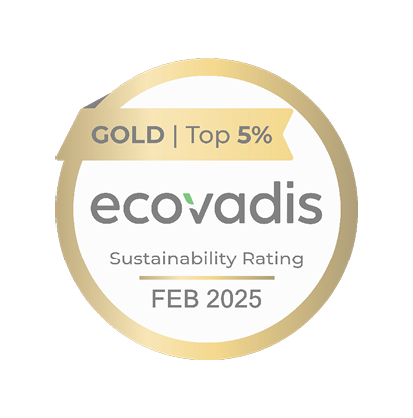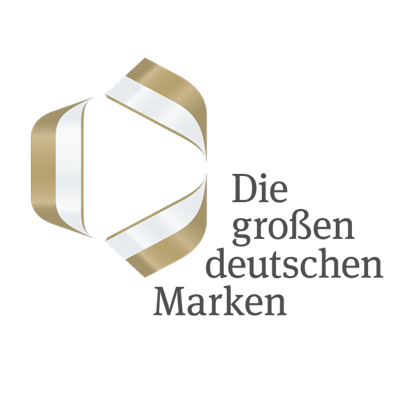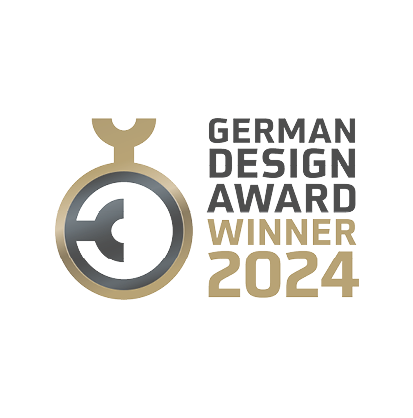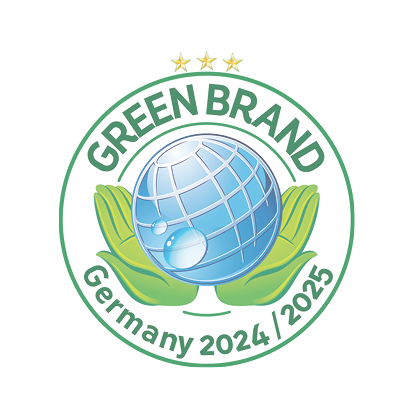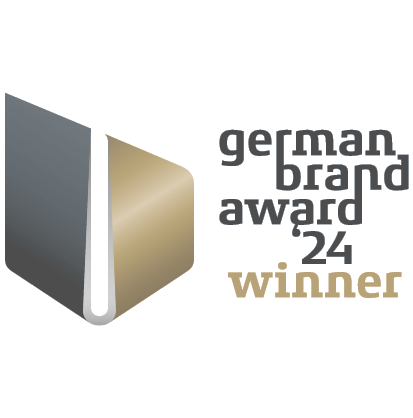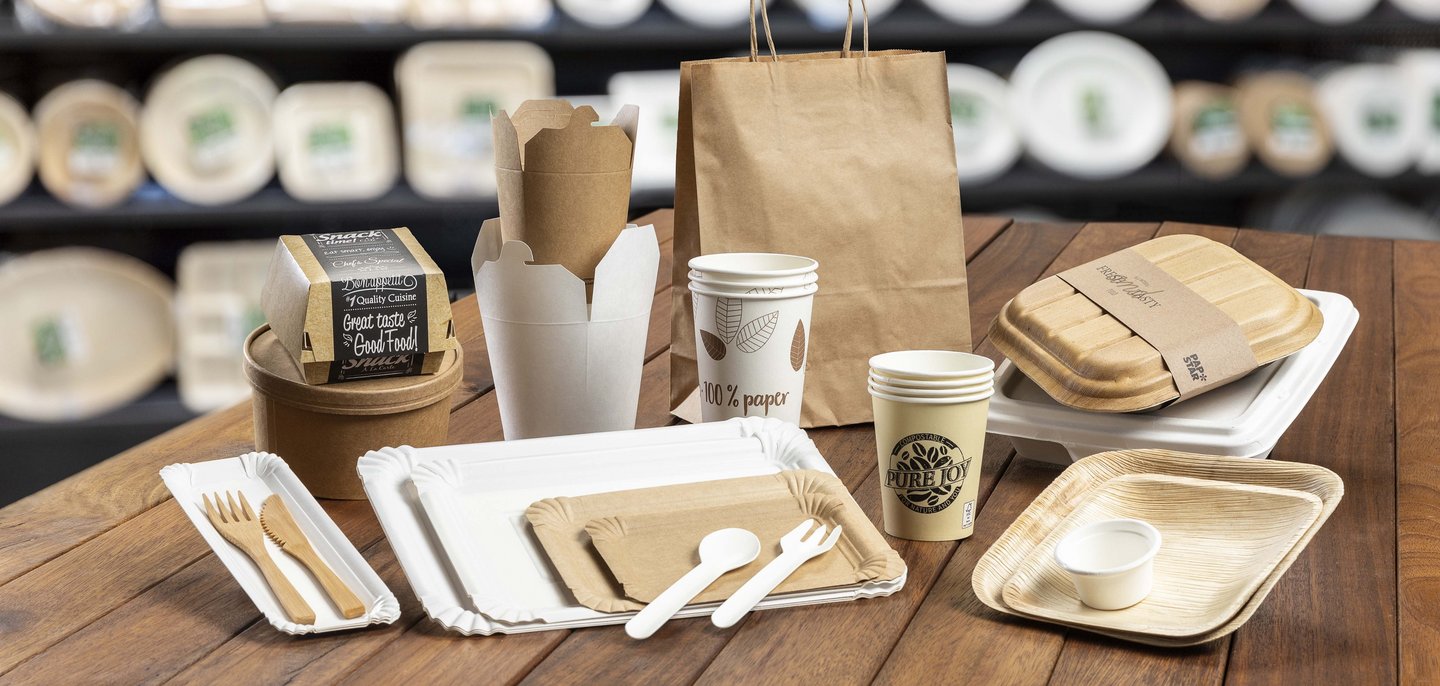
Disposable tableware and service packaging
Our health is everything. It drives us, gives us strength and inspires our creativity. Our aim is to remain healthy. The best possible hygiene standards and a strong sense of assurance help to achieve this. Therefore, there is much to be said for using disposable tableware, - today more than ever!
PAPSTAR products in the disposable tableware and service packaging product group are made from renewable raw materials (BIO-BASED) and are organically degradable. The "pure" product line, which was introduced back in 2008, now stands for innovative disposable and recyclable tableware made of pure mono-material.
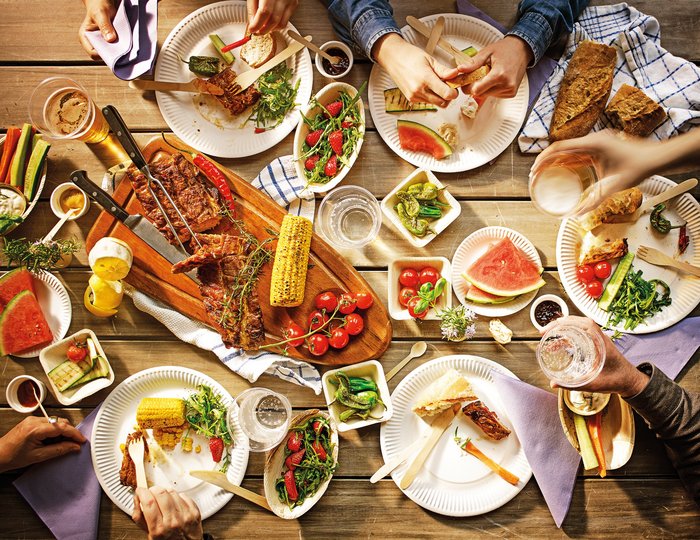
Natural and renewable
Wood and virgin fibre cardboard, sugar cane, palm leaf, bamboo, corn and agricultural residues: over 60 per cent of all PAPSTAR products in the disposable tableware and service packaging product group are already made from renewable raw materials, mono-material or material mix - and the trend is rising! A prime example of a biodegradable material mix are coffee cups made of cardboard with a PLA coating (polylactide, based on corn starch).
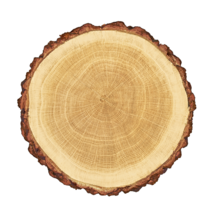
CERTIFIED STANDARDS
High-quality products made of cardboard and paperboard have always been one of the strengths of the PAPSTAR brand. The brand has its origins in the cardboard factory founded by Oswald Matheis in Schleiden-Olef, northwest Germany, in 1873.The company's commitment to the environment and the sustainable use of wood as a resource is confirmed by its FSC® certification. Renewable raw materials are agricultural and forestry products that are not used as foodstuffs or animal feed, but as production materials or to generate heat and electricity and as fuels.

Wood and fresh fiber cardboard
Wood grows back, is environmentally friendly and biodegradable; products made of wood and cardboard are 100% approved for direct contact with dry, moist and fatty foods. Unlike recycled material, fresh fibre guarantees that no harmful substances, such as those from waste paper processing, can pass into the food. Only wood from sustainable, FSC®-certified forestry is used.
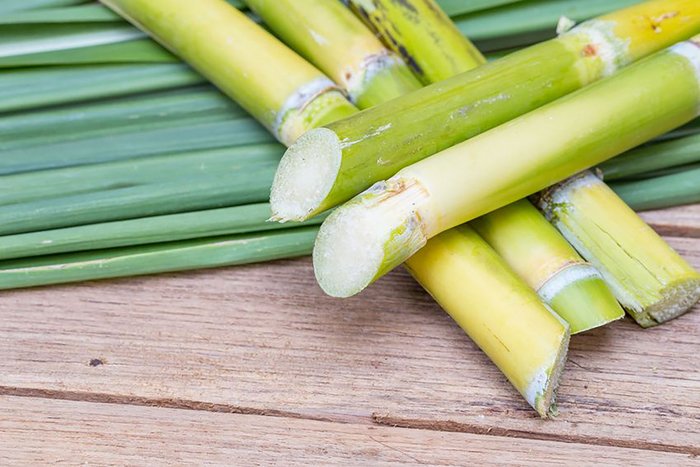
Sugar Cane
Sugar cane is primarily used to produce sugar. The sugar juice is pressed out of the cane. The fibrous part, the bagasse, is left over as a by-product and can be used to shape stylish and stable plates, trays and menu boxes. These sustainable products are suitable for microwaves and are biodegradable. Sugar cane is a raw material that can be harvested up to three times a year and is obtained from an environmentally optimised supply chain.
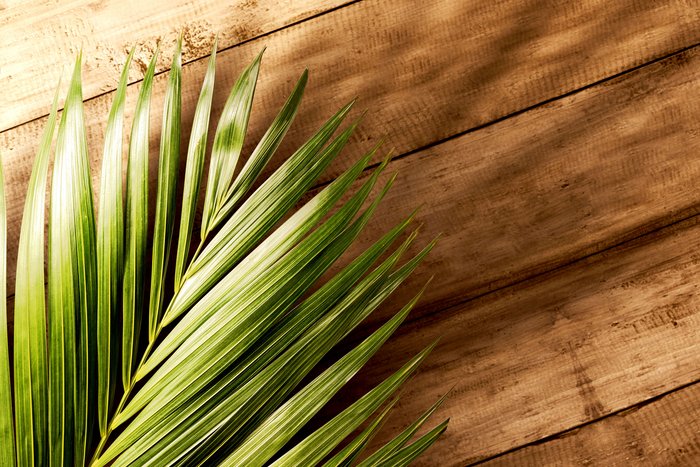
Palm Leaves
Biodegradable recycled palm leaf tableware is made from the leaves of the areca palm tree. The tree has huge palm fronds with leaves that it sheds naturally every few weeks. These are cleaned and dried in the sun. Under heat, they are pressed into plates and trays in a special process that make them microwave-safe. The individual surface structure makes each item unique.
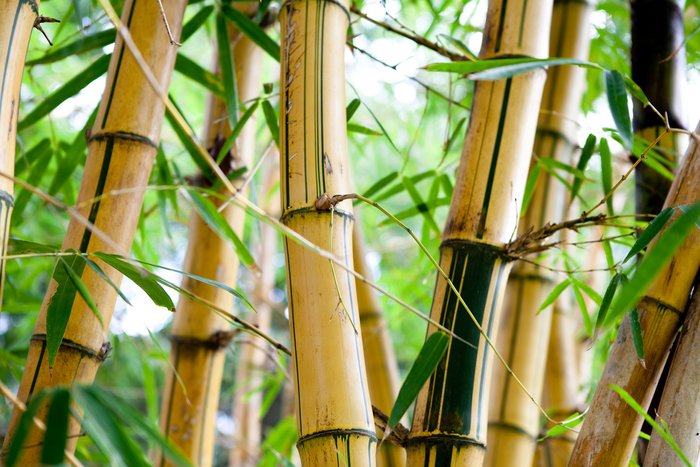
Bamboo
Bamboo is a raw material that grows back very quickly, is extremely environmentally friendly, yet tasteless, and is naturally antibacterial/antimicrobial and hypoallergenic. Further advantages of tableware or cutlery made of bamboo are their stability and natural look.This puristic production (rolled and shaped) takes place without the use of chemical additives like melamine resin or dyes.
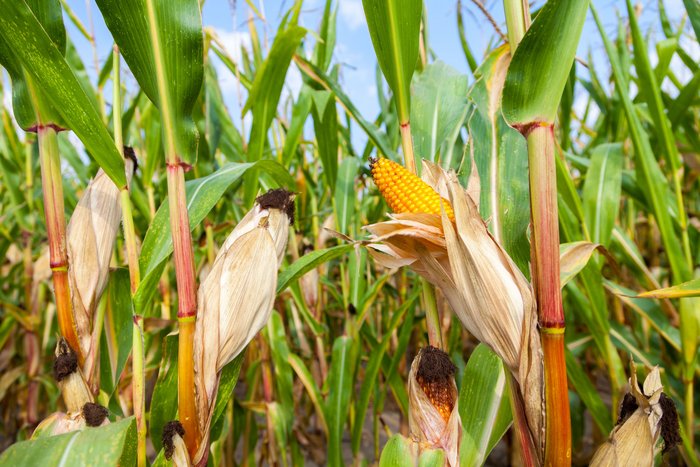
Corn-(STARCH)
In visually, haptic and function terms, bioplastic products can hardly be distinguished from normal plastic articles. Cold drink cups or packaging cups made of PLA (polylactide) or cups and soup bowls made of CPLA (crystallised polylactide, each based on corn starch) are fully biodegradable or - even better - recyclable. Intensive research is constantly resulting in process technologies being optimised.
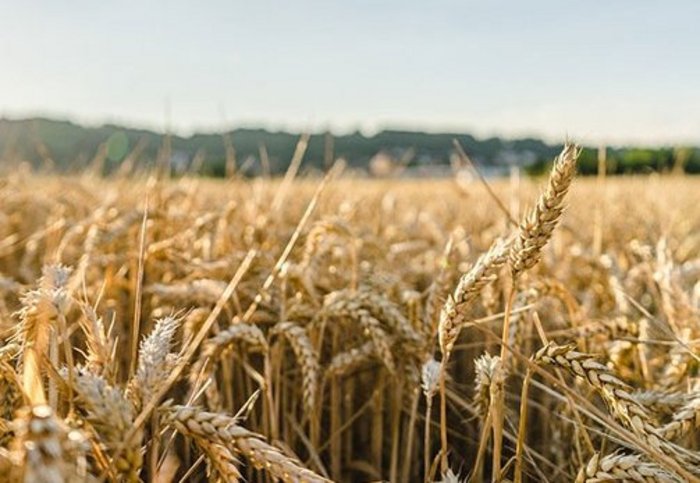
AGRICULTURAL RESIDUES
The underlying approach already in use for products made from sugar cane or palm leaf, namely to make good use of accumulating and decaying plant residues, is also applied to agricultural residues. The plant residues from agricultural production are dried in the sun, ground and then processed in their self-binding fibre form into a pulp which is then sprayed into moulds and dried. This is how bio-based packaging and strong disposable tableware is obtained.
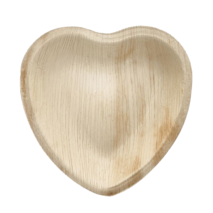
Promotion of efficient alternative products
PAPSTAR thinks sustainably - so sustainably, in fact, that the company is also willing to forego offering non-sustainable products or materials. However, doing without has nothing to do with limiting the choice for customers, but rather with providing efficient alternatives. The company sees significant potential for further accelerating the relevance of sustainable products and their use in all three determinants of product range design (innovation - alternatives - interaction).
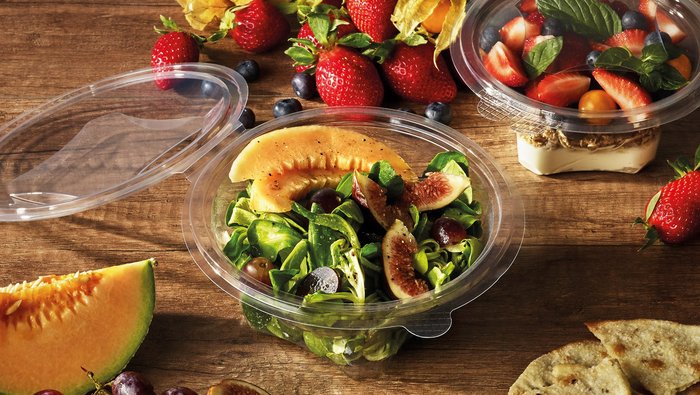
STARPAK product range
The STARPAK sub-brand of PAPSTAR has a large selection of practical consumables available for the catering and gastronomy sector. The product range includes inexpensive disposable tableware and packaging made from non-renewable and non-biodegradable raw materials such as plastic, plastic composites or aluminium. All the products are recyclable and can be returned to a circulation system through the German dual system.
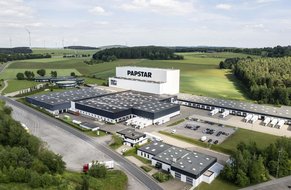
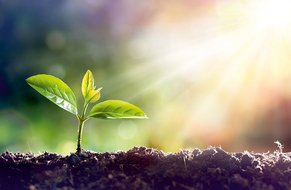
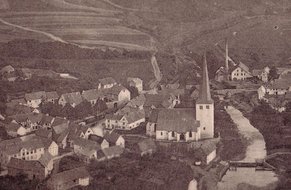
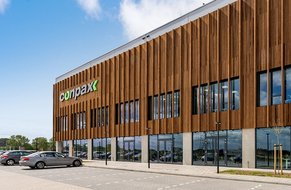
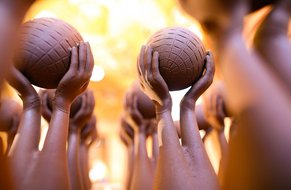
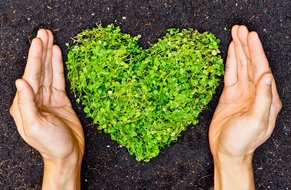
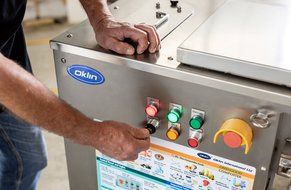
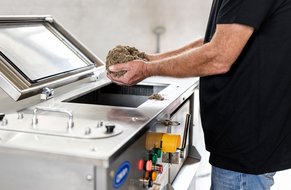
![[Translate to Englisch:] [Translate to Englisch:]](/fileadmin/_processed_/d/d/csm_Biobased_Querformat_mittig_2_37935e08cf.jpg)
![[Translate to Englisch:] [Translate to Englisch:]](/fileadmin/_processed_/e/c/csm_Papercup_Querformat_mittig_1_4e7f96ec85.jpg)
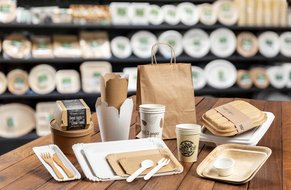
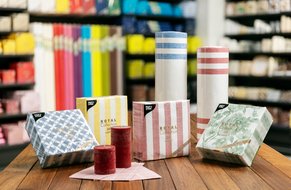
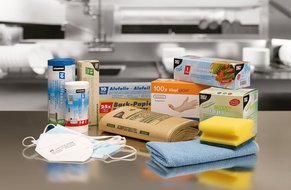
![[Translate to Englisch:]](/fileadmin/_processed_/7/0/csm_MockUp-Kataloge_2024_c89a494cdb.jpg)
![[Translate to Englisch:] [Translate to Englisch:]](/fileadmin/_processed_/6/e/csm_Stand2_4903a593f8.jpg)
